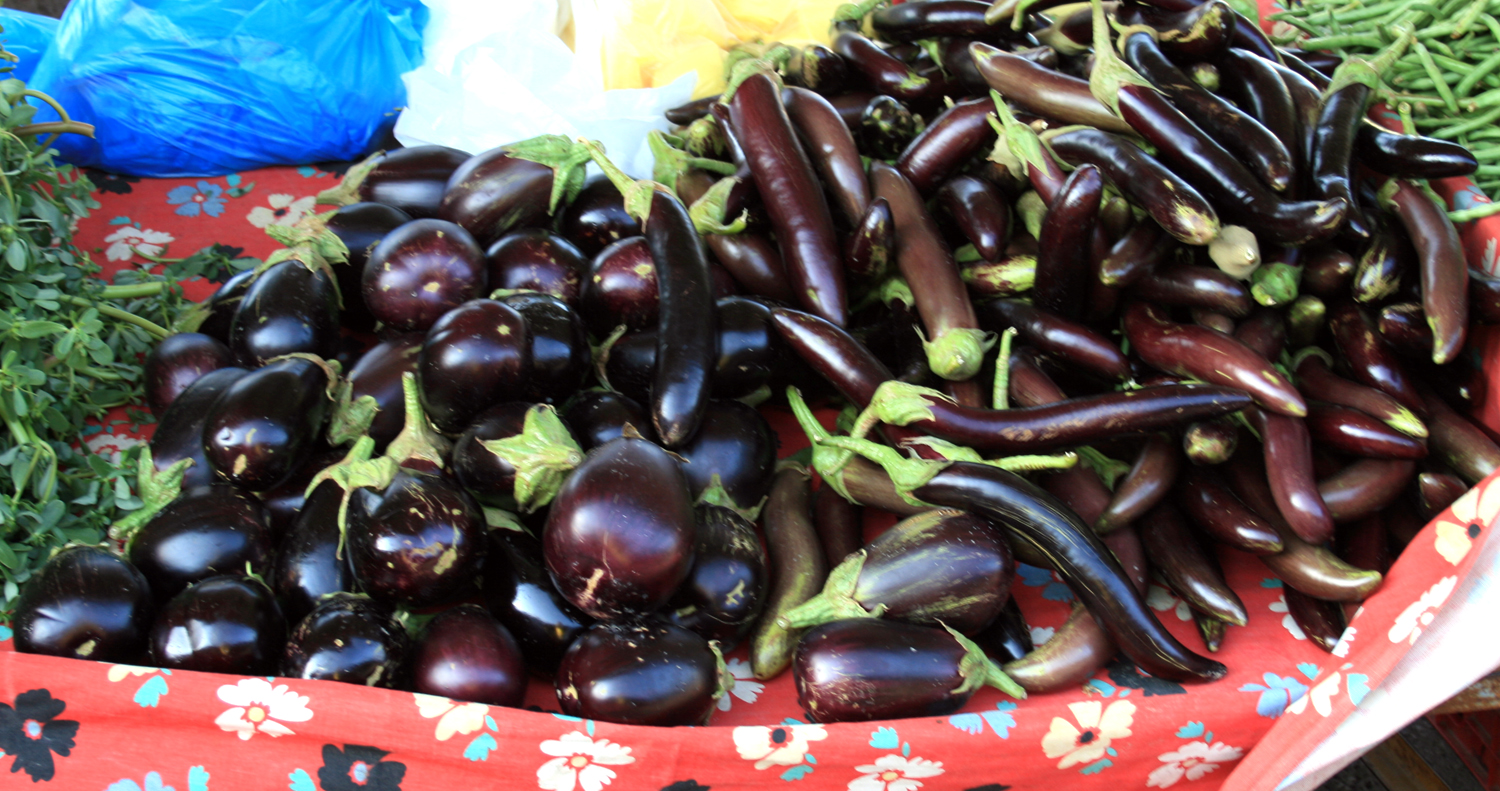A kilo of aubergines went from costing five liras in Istanbul markets last week to twelve liras. This increase, which affects other vegetables that are essential to the Turkish diet, has led to accusation of speculation on the part of the Government and sellers to withdraw products.
“If those grocery stores continue to exploit my people, it’s my obligation to make them pay. And I will,” said Recep Tayyip Erdogan, the Turkish president, who accused them of betraying the country.
In reaction to this attack, many vendors have begun to remove aubergines and peppers from their stalls, which has led to shortage of the products and an increase in prices.
“We had to make a decision before the rhetoric they use against us. We are trying to close ranks and not sell certain products for a while,” stated the president of the Turkish Retail Federation (TPF), Mustafa Altunbilek.
Trapped between these two positions, many citizens have denounced the sudden rise in prices of vegetables that are essential for Turkish cuisine, such as green peppers and aubergines, which doubled their prices in the last week of January.
The price of the ingredients to cook a menemen, a kind of scrambled egg for five people, has gone from the equivalent of 1.5 euro to almost 4 euros in the last ten days.
This increase is due to complicated macroeconomic factors and bad weather conditions, and has become one of the main topics of debate for the municipal elections of March 31.
“The average prices in the food sector showed an annual increase of 25 percent in December, which is somewhat lower than in October, but it is still an important increase,” stated economist Ahmet Öncü.
According to the newspaper Cumhuriyet, the increase in food prices in January has raised annual inflation by a staggering 55%.
In addition, Antalya, the Mediterranean province that produces 53% of the vegetables in Turkey, was affected by a tornado at the end of January.
The government has been trying to control inflation for months with measures, such as the deployment of police in supermarkets to record prices and investigate businesses were they detect unusual increases.
Last month, the Minister of Finance monitored onion deposits in Ankara to avoid speculative measures, and, at the end of January, the Ministry of Commerce sent a circular to the governors of the 81 provinces of the country asking them to report retail prices on a weekly basis.
However, when Erdogan lashed out against speculators in January, accusing them of being traitors to the country, the TPF reacted by withdrawing the products.
Green peppers, aubergines, and zucchinis, mainly, disappeared from the shelves.
The owner of a chain of supermarkets told Efe this option was being debated, but assured that he would continue to sell these vegetables, despite the high costs, and that he would try to sell them at the lowest possible price in a market of free competition.
At the moment, these vegetables are still present in the shops and markets of Istanbul, although in fewer places than usual.
“In winter it’s normal for vegetables prices to increase when it’s cold in Antalya; then when the weather improves prices go down again. However, we can expect another increase in prices due to the tornado, “a salesman in a street market in Istanbul told Efe.
“It’s the law of supply and demand. When people do not want to buy something, prices go down,” he added.
Source: EFE



